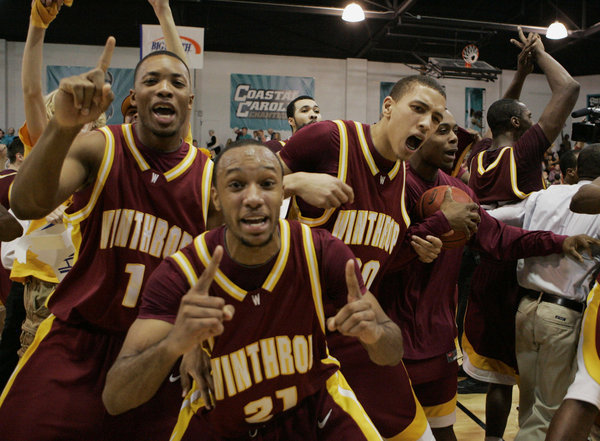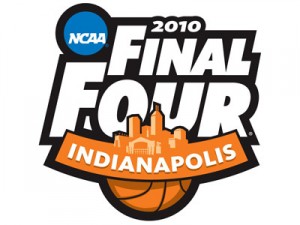Opening Round Questions Still Unanswered
Posted by jstevrtc on July 2nd, 2010Andrew Murawa is the RTC correspondent for the Pac-10 and Mountain West conferences and an occasional contributor.
The NCAA Men’s Division I Basketball Committee met this week in Chicago, and the biggest item on their agenda was to decide on the format of the new 68-team tournament. In deciding to expand from the 65-team tournament, which has been the rule for the last ten years, to 68 teams in time for the 2011 tournament, the NCAA has committed itself to four opening round games. The questions of who will play in those games, however, and where those games will take place, among other logistical issues, are still to be decided. While it doesn’t look like a decision will be announced this week, outgoing committee chairperson and UCLA athletic director Dan Guerrero has spelled out three possible options for who will compete in the opening round games:
- The teams that would be the 16th and 17th seeds in a bracket, or those teams seeded at spots 61 through 68 in the overall field — likely teams from the historically one-bid conferences,
- The last eight non-automatic qualifiers or the teams generally referred to as bubble teams — generally teams from a mixture of BCS leagues and mid-major conferences, or
- Some combination of the first two options, with the most talked-about scenario being the last four bubble teams playing in a couple of games and the lowest seeded automatic qualifiers (seeds 65-68) playing in the other two.
While it is still within the realm of reason that additional options could arise (maybe the lowest seeded automatic qualifiers each match up against one of the bubble teams), the answer will likely be one of the three options above. And, frankly, option three is a bit of a copout, so the decision between options one and two comes down to something of a battle between the big power conferences and the less influential conferences that nonetheless make up the bulk of Division I. And neither side wants to play in those games.

Should a conference champ be sent to an opening-rounder and have a better chance to make more money, or should their performance be rewarded with a spot in the main draw?
“I think that if you are an automatic qualifier, you should not be in a play-in game,” said Winthrop head coach Randy Peele when we talked with him earlier this week, and he’s had experience with the opening round game as the coach at a school that has now appeared in two opening round tournament games, including last season’s loss to Arkansas-Pine Bluff. Peele’s sentiment was echoed by Michael White, the Associate Athletic Director for Communications at East Tennessee State University. “For teams like ours that come out of a league with one tournament bid, and to have to earn it by winning our conference tournament, we don’t want to have to be sent to a play-in game.”
Even the term “play-in game,” used in reference to the single opening round game played in Dayton for the last ten years, is a divisive one. The NCAA has gone to great lengths to make sure that game was referred to as the “opening round game,” despite it commonly being referred to by fans and media as the play-in game. “The way the NCAA markets the first day is critical,” said ETSU’s head coach Murry Bartow. “They shouldn’t be marketed as play-in games, where you’re not even in the tournament until you win that game.”










































